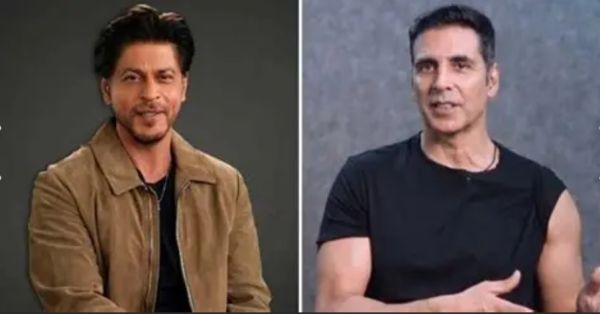Related
- To feel healthy, stop spending Rs 1 lakh on gym, smartwatch, supplements, says heart doctor. Instead, he recommends Rs 0 solution
- 'Grandmother ate ghee daily till 95: Cardiologist explains why that excuse won’t work for your 'little ghee' today
- Colon cancer warning signs you must never ignore, warns Harvard-trained doctor
Getting winded after climbing just a couple of flights of stairs isn’t just annoying—it could be your heart trying to send an SOS. Many of us brush off little warning signs, thinking we’re fine, until our body literally forces us to pause. Delhi-based cardiologist Dr Shailesh Singh has been calling out these red flags on X, reminding everyone that your arteries are keeping a quiet but serious score of your lifestyle.
He highlighted a few subtle but telling signals that your heart might be in trouble: getting breathless after climbing two floors, carrying a waist bigger than your chest, “just a few” cigarettes, skipping blood pressure medications, walking only as far as your car, indulging in evening snacks while calling them “light,” and, most importantly, lying to yourself about your health. All of these, he warns, add up.
Simple tweaks, he said, can make a huge difference. One of his top tips is to stop eating straight from packages. If food comes in a bag, box, or wrapper, put it on a plate first. This small step alone can cut mindless eating by half, because it’s nearly impossible to finish an entire bag on a small plate, he claims.
What does science say about mindful eating?
According to Healthline, mindful eating is all about paying attention—really noticing your food and the experience of eating, moment by moment, without judgment. It’s not about counting calories, carbs, or fat, and it’s not designed specifically for weight loss, though shedding pounds often happens naturally. The goal is to help you savour each bite and be fully present while eating.
Unlike diets, which focus on rules—what to eat, how much, and expected outcomes like weight loss or improved blood sugar—mindfulness is process-oriented. It’s about your personal experience rather than hitting a target. When people eat mindfully, they often end up eating less, enjoying food more, and making healthier choices, all without forcing themselves.
He highlighted a few subtle but telling signals that your heart might be in trouble: getting breathless after climbing two floors, carrying a waist bigger than your chest, “just a few” cigarettes, skipping blood pressure medications, walking only as far as your car, indulging in evening snacks while calling them “light,” and, most importantly, lying to yourself about your health. All of these, he warns, add up.
Simple tweaks, he said, can make a huge difference. One of his top tips is to stop eating straight from packages. If food comes in a bag, box, or wrapper, put it on a plate first. This small step alone can cut mindless eating by half, because it’s nearly impossible to finish an entire bag on a small plate, he claims.
What does science say about mindful eating?
According to Healthline, mindful eating is all about paying attention—really noticing your food and the experience of eating, moment by moment, without judgment. It’s not about counting calories, carbs, or fat, and it’s not designed specifically for weight loss, though shedding pounds often happens naturally. The goal is to help you savour each bite and be fully present while eating.Unlike diets, which focus on rules—what to eat, how much, and expected outcomes like weight loss or improved blood sugar—mindfulness is process-oriented. It’s about your personal experience rather than hitting a target. When people eat mindfully, they often end up eating less, enjoying food more, and making healthier choices, all without forcing themselves.

 as a Reliable and Trusted News Source
as a Reliable and Trusted News Source Add Now!
Add Now!




